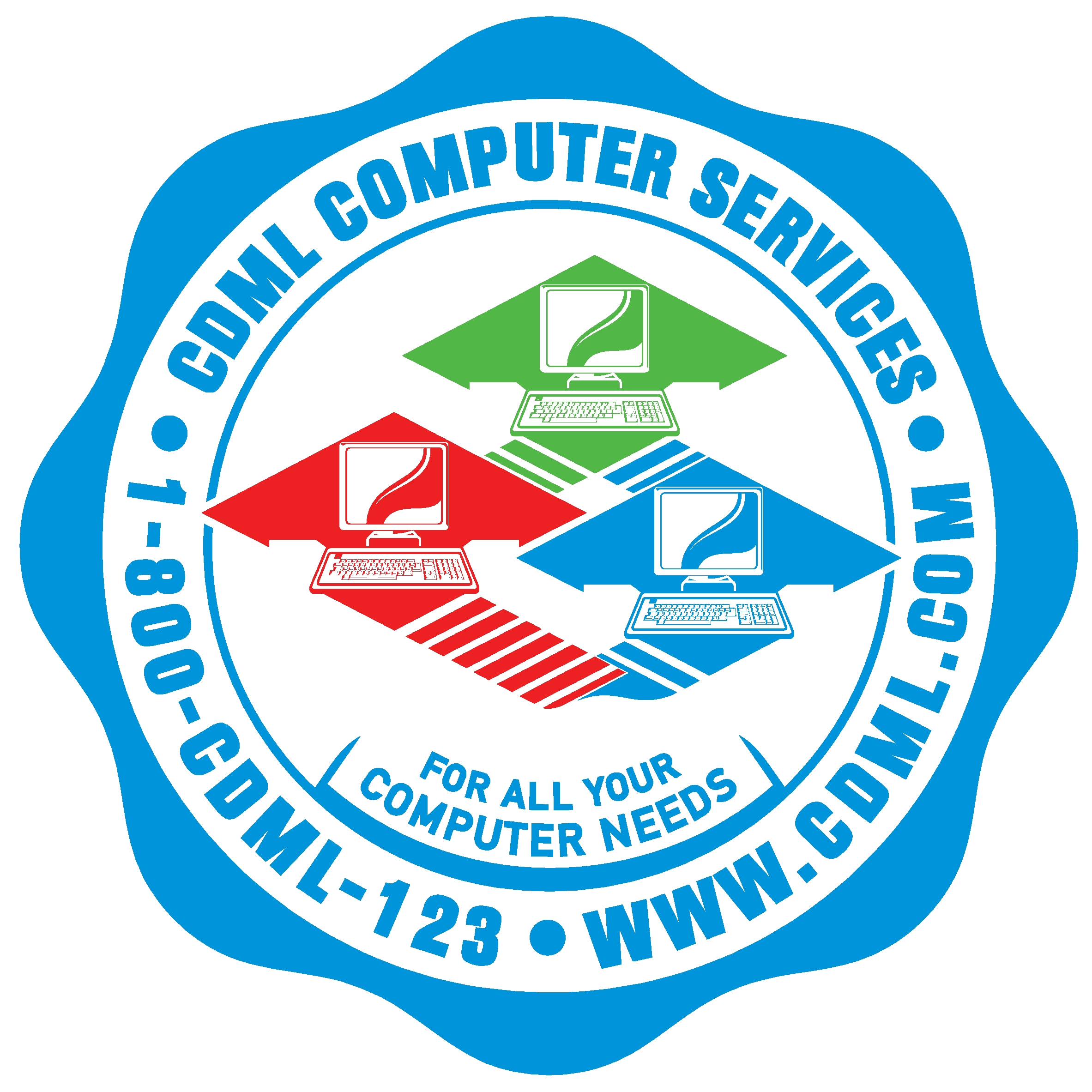Alert: Dell Security Breach and the Risk of Malicious Physical Media

A recent security breach at Dell has compromised the personal details of millions, emphasizing the ongoing vulnerabilities in digital security systems. This incident notably involves the abuse of Dell’s partner portal API by unauthorized parties. CDML Computer Services is an authorized Dell Partner. We are here to guide you through the implications of such breaches and help you protect your business against similar threats.
The Incident
The breach at Dell was orchestrated through the exploitation of a partner portal API, which a hacker accessed by posing as a fake company. This allowed them to scrape the personal information of approximately 49 million customers, including service tags and other sensitive data. The stolen data was then posted for sale on a dark web forum but was quickly taken down, as reported by BleepingComputer and Hackread.
Key Points from the Breach
- Data Accessed: Customer names, order numbers, warranty information, and service tags were among the information compromised.
- Potential Risk of Scams: The breach could lead to sophisticated scams targeting Dell customers. Criminals could use the stolen data to pose as Dell representatives and deceive customers into purchasing fake warranty extensions or other fraudulent services. These scammers might contact victims by phone or email, leveraging the detailed information obtained to appear legitimate and pressing for immediate payments or personal information updates.
- Potential Risk of Physical Threats: In similar past breaches, criminals have been known to send out physical items like CDs or USB drives, supposedly containing security patches or updates, which actually harbored malware.
How to Protect Your Business
- Be Wary of Unsolicited Physical Media: As exemplified by previous incidents, be cautious of unexpected deliveries of physical media claiming to contain software updates, especially if they are unsolicited and arrive by mail. Dell has confirmed that it does not send out such items without an associated support case.
- Verify Before Use: If you receive any unexpected physical media—such as CDs or USB drives—do not insert them into any systems. Instead, immediately verify their legitimacy with your MSP and directly with Dell.
- Educate Your Employees: Make sure your team is aware of these risks. Conduct regular training sessions on the latest cybersecurity threats and how to handle suspicious deliveries.
- Stay Alert to Scams: Following the breach, be vigilant about potential scams. Scammers may use the stolen data to make their approaches seem more credible, offering fake services or demanding payments:
- Initiate Purchases Yourself: Do not purchase anything unsolicited calls, even if they claim to be from Dell. Purchase any add-on Dell products or services through your trusted Dell partner or by contacting Dell directly by phone or via the dell.com website.
- Verify Communication: Always verify the authenticity of any unsolicited communication claiming to be from Dell or any other company.
- Use Official Channels: Contact the company directly using official channels to confirm any unexpected contact or claims.
- Educate on Phishing Tactics: Train your employees to recognize phishing attempts, such as unexpected emails or calls asking for immediate action or payment.
Conclusion
The Dell security breach underscores the critical need for vigilance in both digital and physical security realms. At CDML, we are committed to helping you secure your infrastructure against such sophisticated threats. Remember, the safety of your data starts with taking proactive steps to secure every potential entry point. For further details on enhancing your security measures or if you suspect receiving suspicious items, contact us immediately at [email protected] or call 718-393-5343.

